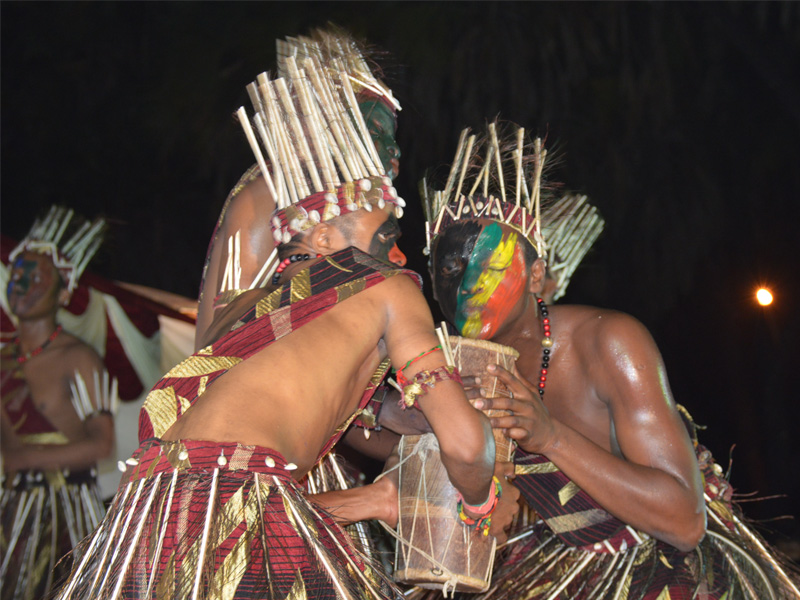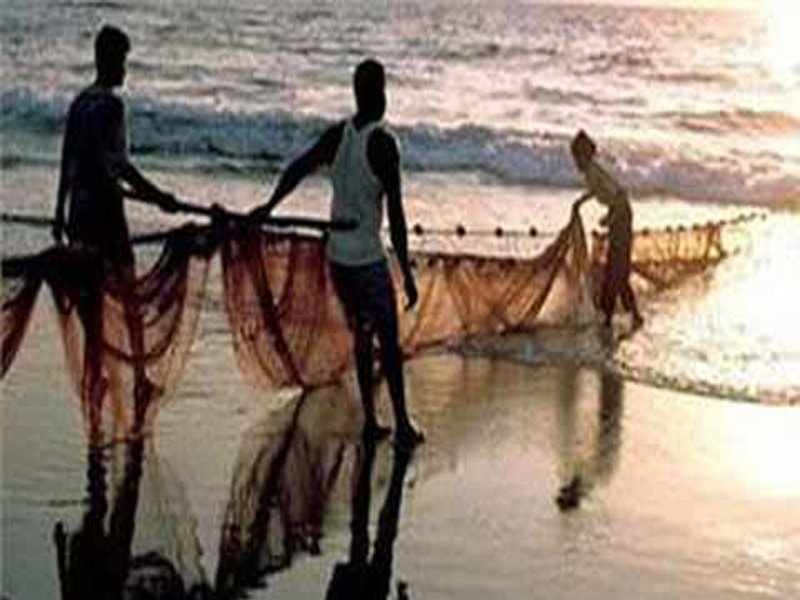

Diu Culture
Diu Culture
Diu is a vibrant city where you find people from different castes and religions. Diu is a major tourist center has many attractions and sightseeing like Bunder Chowk, Fort, Panikota, St. Paul’s Church, INS Kukri. Diu is more popular as a tourist place because of the natural beaches available very near to Diu like nagoa beach, Jalandhar beach, ghoghla beach and Diu city area itself located on beach. As Diu is a famous tourist place approximately 5000 tourist visitors visit Diu per month. Tourist and people of Diu celebrating all the festivals with colors and joy. Diu Tourism department arranging Diu Festival every year in December to encourage tourism. Diu city is best known as a place that mixes tradition with modernity. This perfect blend is evident in its architecture, with number of historical monuments and structures. People of Diu are very warm, friendly, and peaceful and show good hospitality. They are fun loving and enjoy all seasons with great zeal. Night life in Diu is quite enjoyable and safe.
People
People of Diu are very warm, friendly and show good hospitality. They are fun loving and enjoy all seasons with great zeal. Night life in Diu is quite enjoyable and safe. People of Diu enjoy going for walk, watching cinema, theater or just hanging out with family and friends. Besides enjoying good food people of Diu are fond of sports too, especially cricket. Diu has its own International cricket stadium popularly known as RMC where number of international matches having been played.
Festivals & Color
All the festivals are celebrated with lots of enthusiasm starting with Makarshankranti in January till Christmas and New Year eve celebration in December. Diu is famous for its Diu Festival(Public Fair) which is held every year during in the month of December arranged by tourism department of Diu. Some of the festivals that are celebrated extensively with lots of pomp and zeal are Makarshankranti, Holi (festivals of colors), Janmashtami, Rakshanbandhan, Diwali, Id, Christmas and New Year.
The territories of Daman and Diu were under Portuguese regime before the liberation. Traditionally they carry on the life pattern of Gujarat and Saurashtra Cultural region. Diu is an extension of Kathiawad Cultural Zone which influences language, dress, patterns, food habits, customs and practice and other culture elements. The ethnic mosaic of Daman and Diu comprises of Hindus, viz. the Kharwa, Koli Patel, Koli, Bhraman, Bania, Vanja, Salat, Sanghadia, Sager, Baria, Kamli, Mitna, Mangela, Bhandari, Macchi, Kumbhar, Mahyavanshi, the tribals, namely the Dhobia, Dubla and Siddi; The Muslim viz. Momin and Khoja descendants of Rajputs which referring to the ATAK (Surname) GOTRA (clan) names. While the Kharwa, Koli, Koli Patel, Vanja, Mangela, Bhandari, Sager and Salat claim to be the original inhabitants of Union Territory, other perceive them as migrants from various places of Gujarat and Saurashtra.
The unique and adventurous atmosphere of the islet lures tourists to engage in a number of Diu Island activities. The beaches at this island are ideal destinations for a host of water sports activities like surfing. Apart from the marine activities in Diu Island, the tourists have the opportunity to engage in multitudinous recreational activities like hiking and gallivanting around the small island.
The beaches in Diu Island offer multiple opportunities to engage in water sports activities. The craggy and sharp edged Nagoa Beach facilitates sports activities. One can engage in Para sailing, sunbathing, surfing and swimming in the Ghoghla Beach of Diu Island. Apart from facilitating sports activities, the beaches of Diu Island are frequented by tourists for their natural and aesthetic beauty. Jallandhar and Chakratirth serve as popular Sunset Points. The fisher folk in the island arrange for sun set and sun rise cruises along the beaches of Diu Island.
Tourism has received an impetus due to the presence of an array of facilities to support sporting activities in Diu. However, the island also maintains strict prohibitory laws that preventsnational and foreign tourists from engaging into unlawful activities. Those interested in shopping may engage in gathering souvenirs from the bazaars and curio shops at the old city.